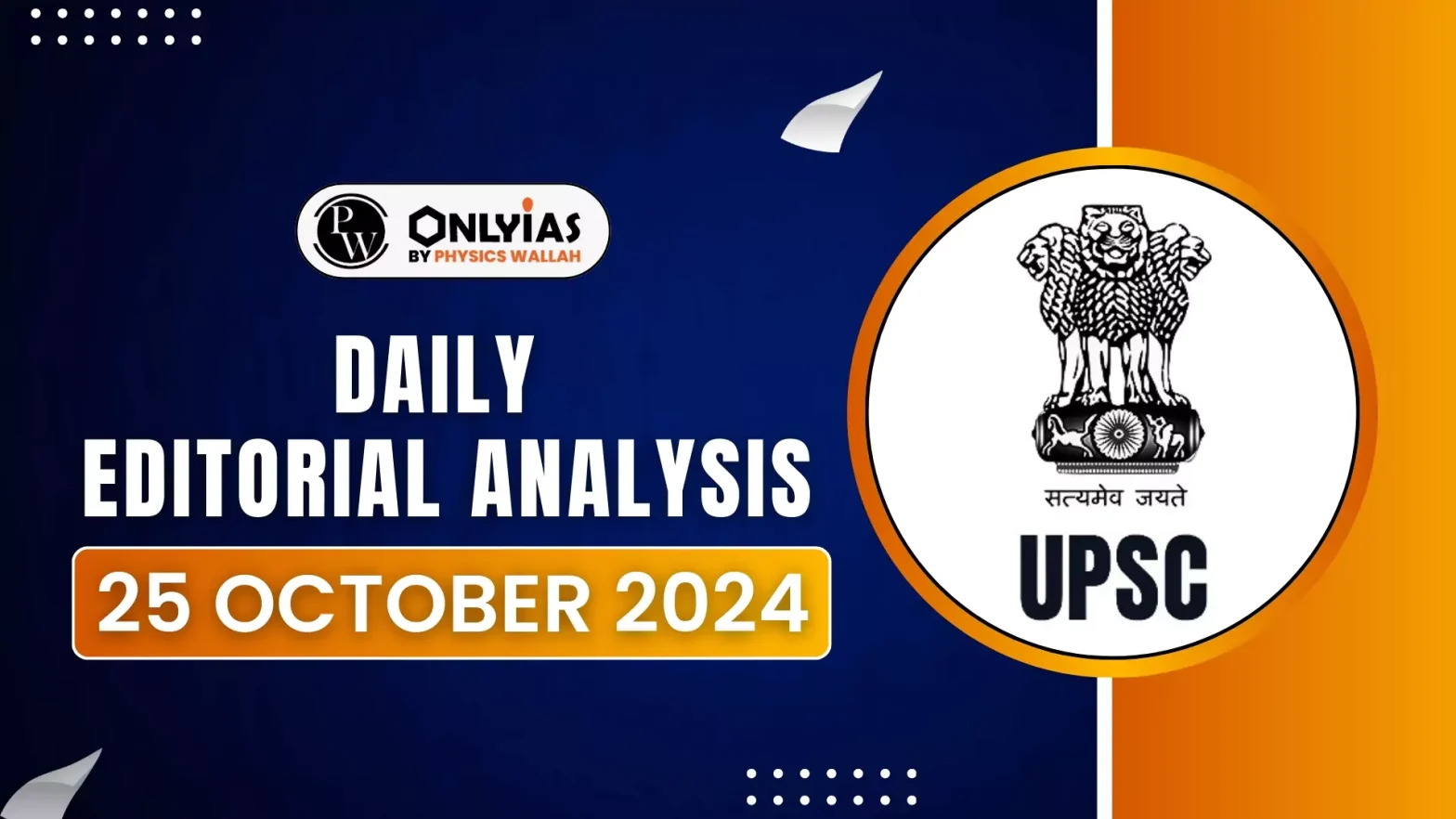The illegal tobacco market in India, with legal cigarettes comprising only 8% of consumption, poses significant health risks and undermines tax revenues. This situation highlights the urgent need for effective regulations and public education to combat illicit trade.
Illegal Tobacco Market in India and legal Measures
- Proliferation of Counterfeit Products: Counterfeit tobacco products and banned items, including e-cigarettes and vapes, are increasingly available in the grey market. This trend continues to flourish online, despite legislative efforts to curb it.
- Legislative Efforts and Shortcomings: The Prohibition of Electronic Cigarettes Act (PECA) of 2019 was established to protect public health by banning the manufacturing, selling, and distribution of these products.
Enroll now for UPSC Online Course
Has the Ban Failed?
- The effectiveness of bans like the PECA is increasingly questioned, as human behaviour often gravitates toward the forbidden.
- Despite the ban’s intention to prevent tobacco initiation and safeguard public health, banned products remain easily accessible from various sources, including tobacco vendors, general stores, and online platforms.
The Triple Threat of Banned Tobacco Products
Addiction
- Young adults, in particular, are at risk due to peer pressure and appealing flavours that overshadow the potential dangers of addiction.
- The absence of age verification and regulation allows these products to circulate freely, exposing vulnerable populations to their harmful effects.
Health Risks
- The lack of quality control over these products raises significant health concerns.
- Consumers are often unaware of the substandard ingredients used in these illicit items, which can lead to severe health implications as awareness about product quality increases.
Check Out UPSC Modules From PW Store
Economic Burden
- Tobacco use imposes a considerable economic burden on India, costing approximately 1% of GDP due to tobacco-related diseases and premature deaths.
- The illicit market exacerbates this issue, diverting essential resources away from public health initiatives that could promote economic growth and improve community well-being.
Learning from Global Experiences
- Japan: Japan has successfully integrated less harmful alternatives into its public health policies, resulting in a 52% reduction in cigarette sales since 2014.
- Thailand: Conversely, Thailand, which imposed stringent bans a decade ago, now faces a booming blackmarket for e-cigarettes. In 2024, the Thai government proposed a parliamentary committee to explore effective regulatory options, presenting three potential approaches:
- Continue the ban on e-cigarettes while toughening existing laws.
- Regulate heated tobacco products (HTPs) while maintaining the ban on e-cigarettes.
- Regulate both e-cigarettes and HTPs.
- Sweden: Sweden’s progressive tobacco control policies, which promote alternatives like snus and nicotine pouches, have led to a remarkable 60% decrease in smoking rates.
Proposed Strategies
While government efforts to combat e-cigarette addiction and protect public health are commendable, outright bans are not always effective. In many cases, defying bans is seen as a societal norm, which can increase the allure of banned products.
- Balanced Regulation: A more nuanced approach is needed that combines effective regulation with comprehensive consumer education. This can help dismantle black markets and promote access to safer alternatives, such as nicotine gums and patches.
- Innovative Solutions: Countries like Japan have successfully implemented innovative solutions, such as heat-not-burn technologies, that meet health standards while educating consumers about the dangers of counterfeit products.
- Strengthening Regulatory Frameworks: Establishing robust regulations that include licensing for vendors can help ensure the quality and safety of tobacco products.
- Public Awareness Campaigns: Launching campaigns to empower individuals with knowledge about the health risks and legal repercussions associated with illicit tobacco use can foster healthier choices.
Enroll now for UPSC Online Classes
Conclusion
As India strives toward Viksit Bharat 2047, effective regulation combined with consumer education will be pivotal in minimising addiction, dismantling black markets, and promoting a healthier society for future generations.
![]() 25 Oct 2024
25 Oct 2024

